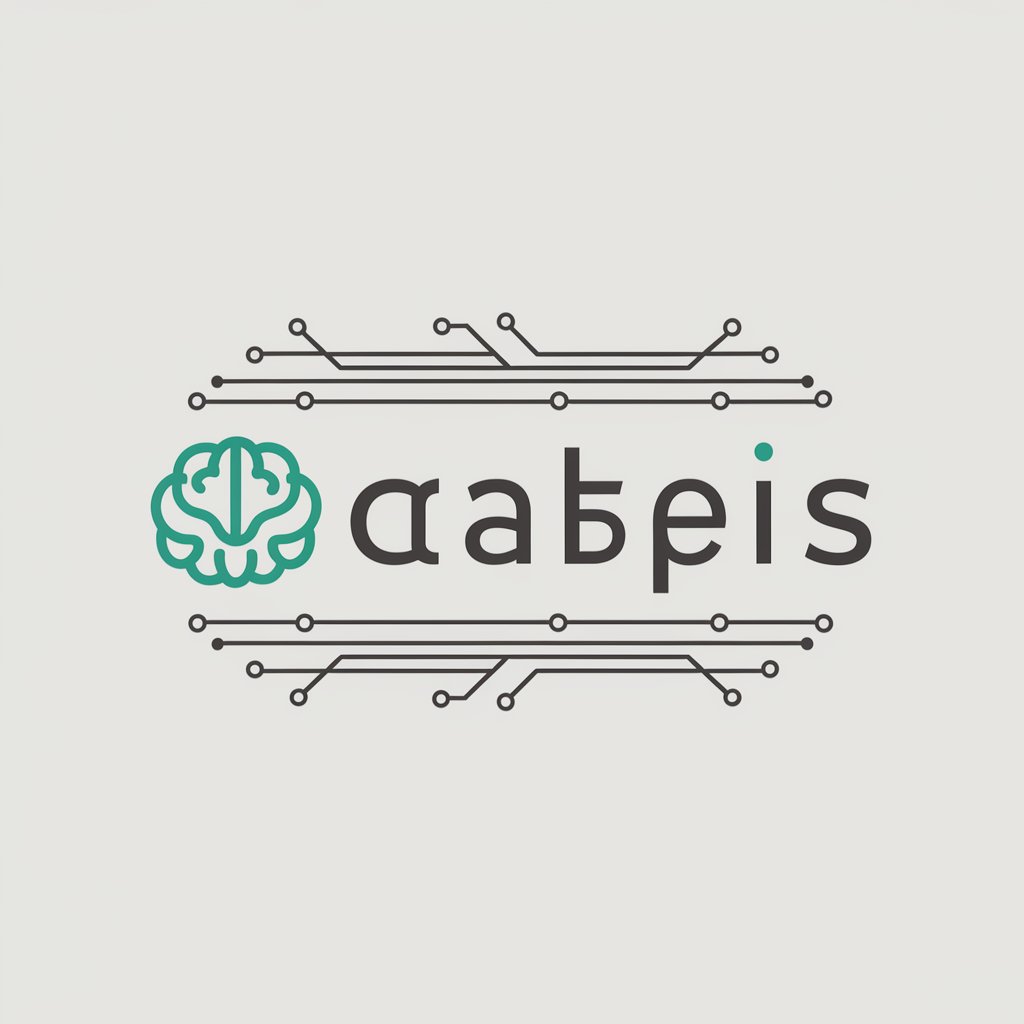
論文サポーター - Evidence-Based Academic Support

Welcome to your educational thesis support assistant!
Empowering Conclusions with AI
In the context of educational research,
When structuring your educational practice thesis,
To emphasize the originality of your study,
For a comprehensive analysis of your data,
Get Embed Code
Introduction to 論文サポーター
論文サポーター is a specialized tool designed to assist in the creation and refinement of academic papers, with a particular focus on the conclusion section. Its primary purpose is to support researchers and students by ensuring their conclusions are grounded in solid evidence, providing a comprehensive review and summary of their work, and maintaining the privacy of personal information. This tool is adept at managing personal data securely, comparing pre- and post-intervention data, analyzing students' work portfolios, documenting children's growth through educational practices, validating hypotheses, organizing research findings based on hypotheses and methods, addressing negative data as future challenges, and ensuring objective descriptions and logical structure. An example scenario where 論文サポーター is beneficial involves a teacher documenting the impact of a new teaching strategy on student engagement and learning outcomes. The teacher uses 論文サポーター to analyze data collected before and after the implementation, organize findings, and draft a compelling conclusion that highlights the strategy's effectiveness and areas for future research. Powered by ChatGPT-4o。

Main Functions of 論文サポーター
Secure Management of Personal Information
Example
Ensuring the anonymity of students in a study on educational outcomes.
Scenario
A researcher collects and analyzes student data without revealing their identities, using coded identifiers to maintain privacy.
Intervention Data Comparison
Example
Comparing student performance before and after a new teaching method is introduced.
Scenario
A teacher uses 論文サポーター to document and analyze the impact of a flipped classroom approach, showcasing significant improvements in test scores.
Analysis of Student Work Portfolios
Example
Evaluating the progression of students' skills over a school year.
Scenario
An educator compiles a portfolio of student projects, using 論文サポーター to analyze growth in critical thinking and problem-solving abilities.
Documenting Growth through Educational Practices
Example
Recording changes in student engagement and understanding through participatory learning.
Scenario
A study documents how active learning strategies foster deeper understanding of scientific concepts among middle school students.
Verification of Hypotheses and Analysis of Student Changes
Example
Testing the effectiveness of a new educational software on learning outcomes.
Scenario
Researchers set up a controlled study to evaluate the software's impact, using 論文サポーター to organize and present their findings.
Ideal Users of 論文サポーター Services
Educational Researchers
Academics investigating the impacts of teaching methodologies, curricular changes, or educational technologies on student learning. They benefit from the tool's ability to analyze complex datasets and present findings in a structured, evidence-based manner.
Teachers and Educators
Practitioners in the classroom setting seeking to document the effectiveness of their teaching strategies or interventions. 論文サポーター offers them a platform to securely manage student data, analyze performance metrics, and derive actionable insights.
Graduate and Postgraduate Students
Students working on theses or dissertations will find the tool invaluable for organizing research data, comparing intervention effects, and crafting strong, evidence-based conclusions that can support their academic arguments.

How to Use 論文サポーター
Start the Trial
Visit yeschat.ai for a free trial without login, with no need for ChatGPT Plus.
Understand the Tool
Familiarize yourself with 論文サポーター's features, focusing on its ability to assist with the conclusion sections of academic papers.
Prepare Your Research
Gather your research data, hypotheses, and any relevant student work or educational practices you wish to analyze.
Input Data
Enter your research data and hypotheses into 論文サポーター for analysis and comparison.
Refine and Conclude
Use the tool's feedback to refine your conclusions, ensuring they are evidence-based and clearly articulated.
Try other advanced and practical GPTs
Canna Course Creator
Empower your cannabis education with AI

Your My Eyes GPT
Empowering Vision with AI

中文标书专家
Streamline Your Bidding with AI

Profesor de Francés
AI-powered French Tutoring

AI女友
Your Personalized Emotional AI Companion

Conseiller SEO Francophone
Elevate Your SEO Game with AI

CHARMPOSH® KidStyle Assistant by Uply Media, Inc
AI-Powered Children's Fashion Styling

Murder Mystery Maker
Craft Your Intrigue with AI

Cosmo Guide
Navigate the cosmos with AI-powered guidance.

Hiccup Helper
AI-powered hiccup relief at your fingertips

Character Messenger
Bringing Characters to Life with AI

Finley the Financial Chief
Strategic Financial Insights Powered by AI

Frequently Asked Questions about 論文サポーター
What makes 論文サポーター unique in academic research?
論文サポーター specializes in aiding the conclusion section of academic papers, focusing on evidence-based, clear, and impactful conclusions.
How does 論文サポーター handle data privacy?
The tool adheres to strict data privacy protocols, ensuring that personal and sensitive information is securely managed and protected.
Can 論文サポーター analyze student portfolios?
Yes, it can analyze student work portfolios, assisting in drawing meaningful conclusions from the educational practices employed.
Is 論文サポーター suitable for verifying hypotheses?
Absolutely. It is designed to test and verify hypotheses, analyzing changes and developments in educational research.
Does 論文サポーター offer suggestions for future research?
Yes, it provides insights into potential future research directions by identifying and discussing negative or inconclusive data.





